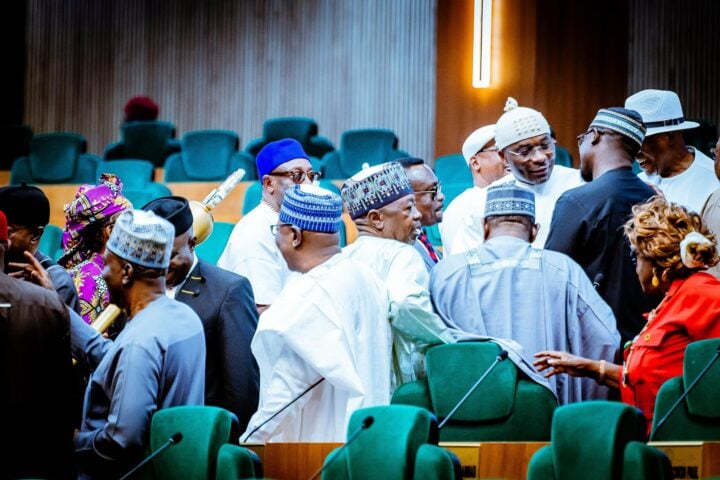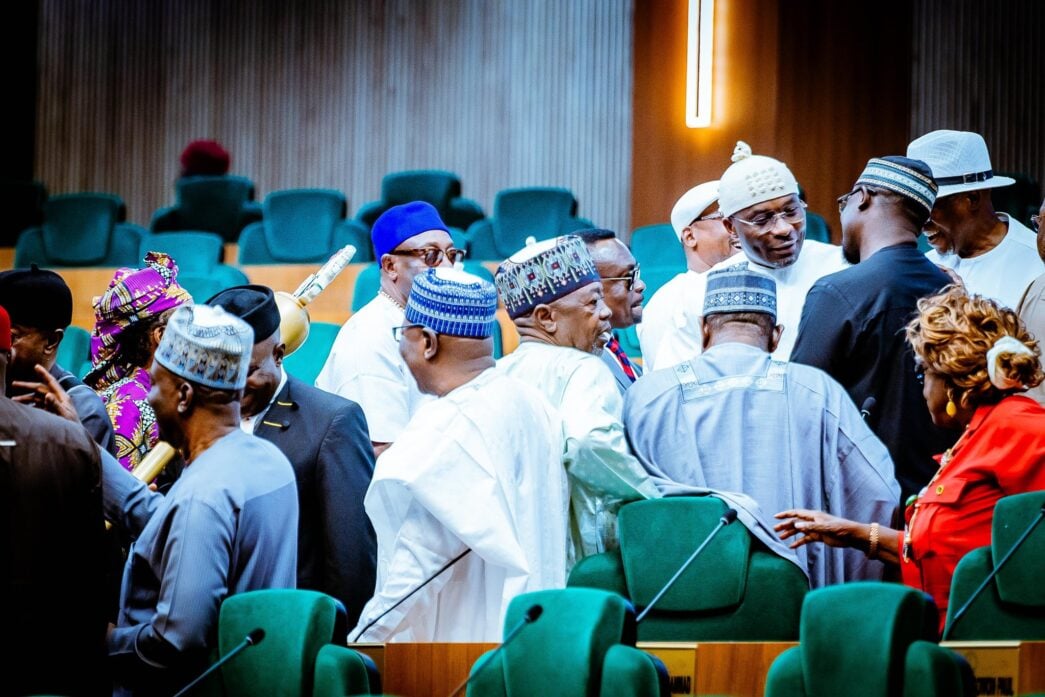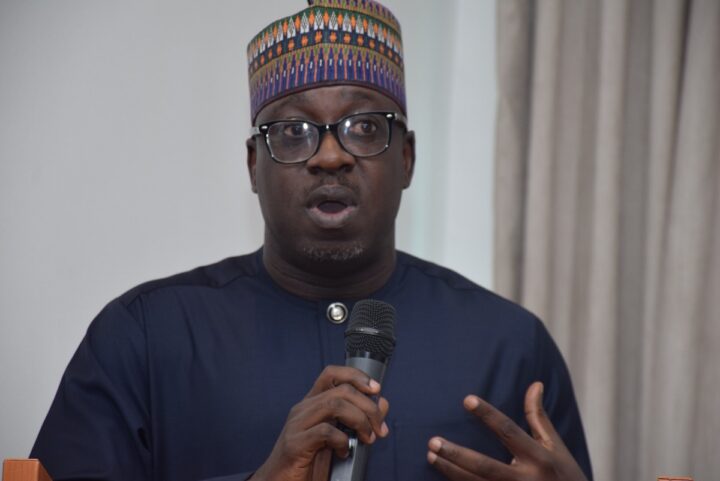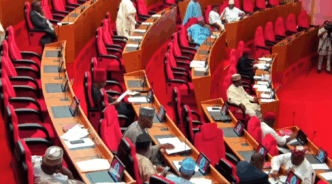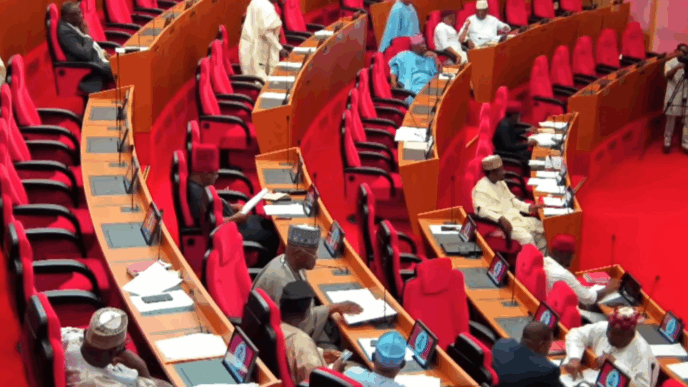House of representatives
The house of representatives on Tuesday passed for a second reading a bill seeking to amend the 1999 constitution to reduce the minimum age for contesting governorship and senate seats from 35 to 30 years.
The proposed legislation, titled ‘A Bill for an Act to Alter the Constitution of the Federal Republic of Nigeria, 1999 (as amended) to Reduce the Age for Qualification for Membership of the Senate and Office of the Governor and for Related Matters (HB. 2235)’, was sponsored by Esin Etim and 24 other lawmakers.
The constitution currently sets 35 as the minimum age for candidates to the senate and governorship, while those contesting house of representatives seats may run from the age of 25.
Etim, member representing Offong/Oruko/Udung Uko federal constituency in Akwa Ibom state, said the age threshold for higher offices restricts the political advancement of young Nigerians.
Advertisement
He said the 10-year gap between eligibility for the house and the senate or governorship limits the progression of young legislators who begin their careers early.
Etim said many lawmakers who enter the house at 25 and complete two four-year terms would be 33 but still unable to contest for the senate or governorship.
He said the bill proposes a reduction of the required age from 35 to 30, maintaining a five-year gap between eligibility for the house and the higher offices.
Advertisement
“If a member of this house at 25 years spends two terms in the house of representatives, he will be 33 years and he will still not be qualified to go to the senate or to become a governor,” Etim said.
“So, I think that this honourable house should look into it and we maintain the gap between the office of the governor and senate, as it were, and that of the house at the five years that it has always been.”
Tajudeen Abbas, speaker of the house, put the bill to a voice vote without debate. Most lawmakers supported its second reading.
Abbas referred the bill to the house committee on constitution review for further legislative action.
Advertisement
